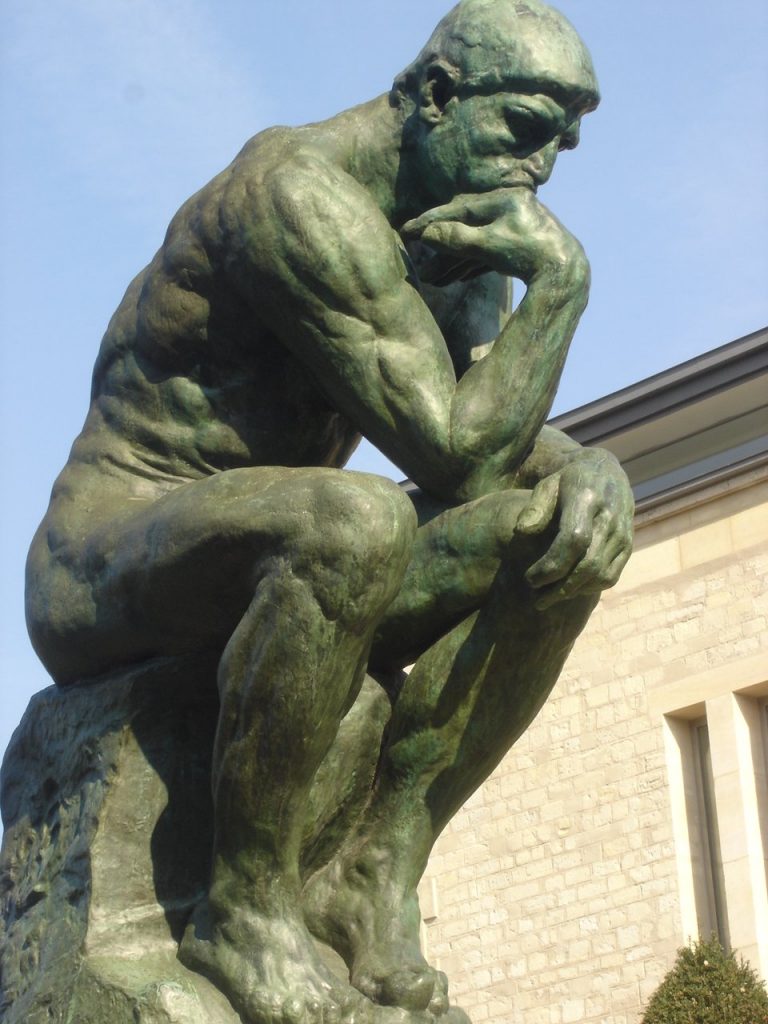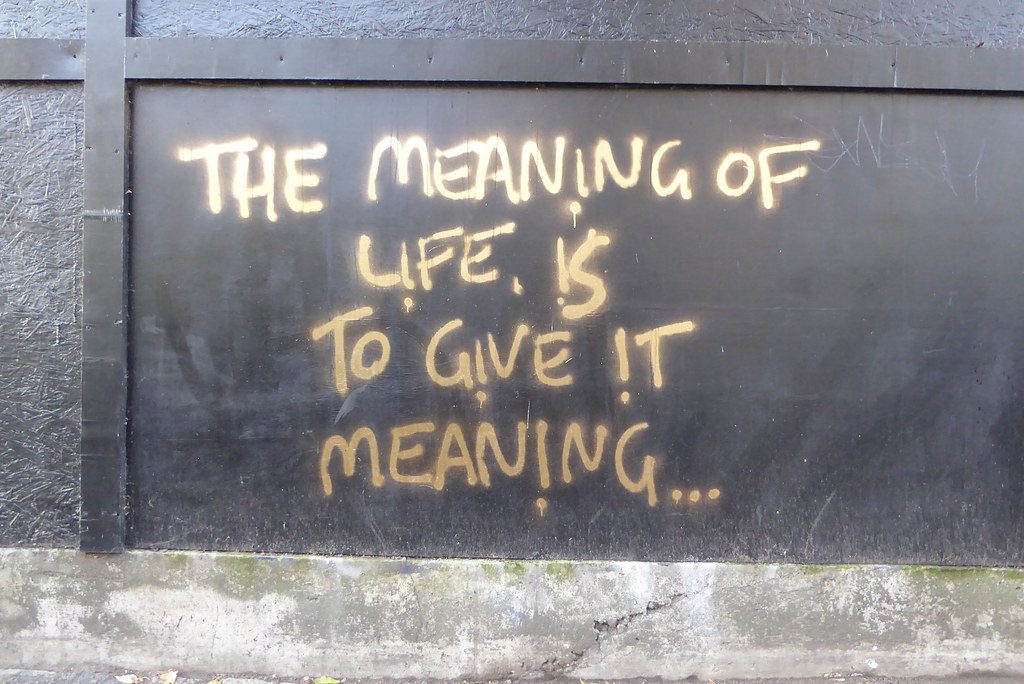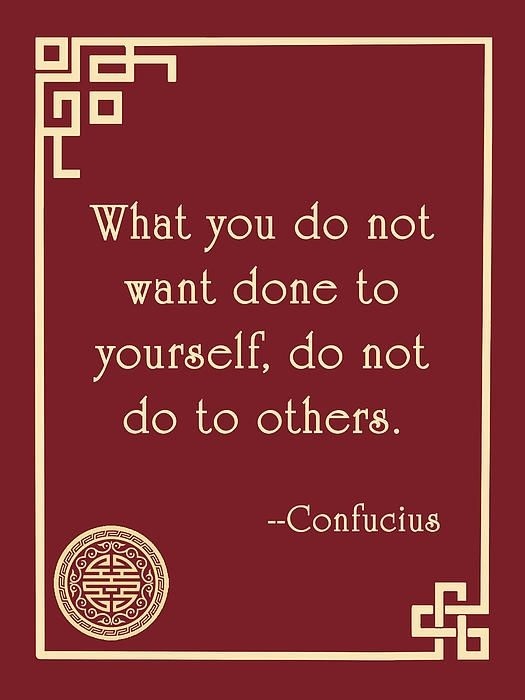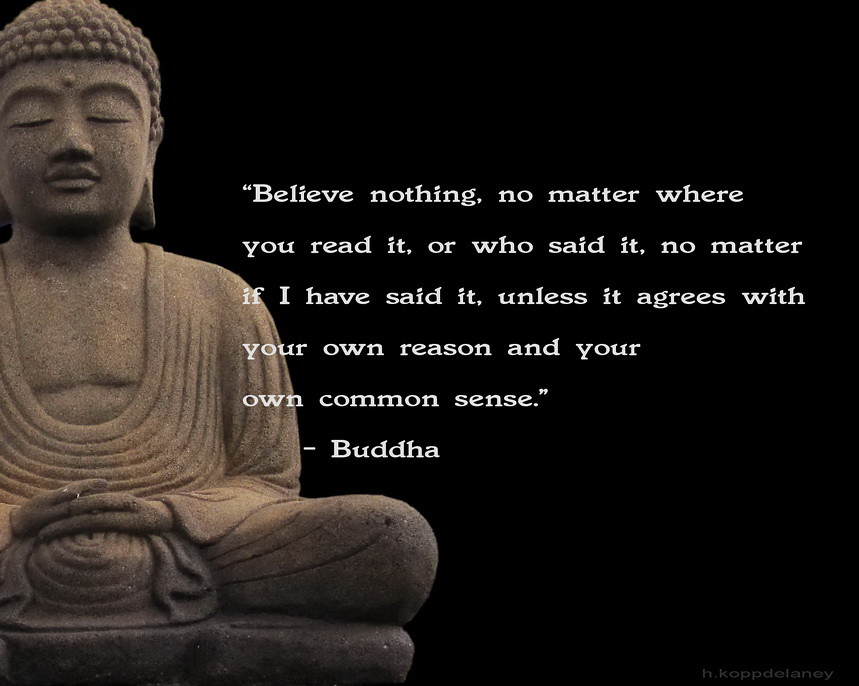If you are the kind of person who prefers reason to prejudice, science to superstition, and evidence to faith, and who recognises the importance of democracy, free secular public education, free speech, freedom of information and basic human rights, then you may be a Rationalist.
Rationalism is an intellectual, cultural, social and political worldview that exists to promote the role of reason and evidence in approaching and finding solutions to the wide range of issues and problems that confront us in public life.
Rationalists argue for a rational approach to human problem-solving, suggest reasoned alternatives to religious dogmas, defend freedom of thought and civil liberties, and strive for the secularisation of politics, the education system and society in general. Rationalists endorse a scientific approach to problem-solving, work to counter superstition and promote an open and just society.
Rationalism grows out of a respected tradition of critical thinking that goes back to the ancient Greeks and which flourished as the Enlightenment, but is flexible enough to change in the light of new evidence and argument. It is an ideal worldview for the twenty-first century.
What is Rationalism?
Rationalism holds that our beliefs and conduct should be based on a combination of experience and reason. To a large degree it is the legacy of ideas and values that came together in the eighteenth century Enlightenment, supplemented by the resulting progress in various sciences over the past two centuries. The three pillars of Rationalism are naturalism, humanism and rationality.
Firstly, Rationalists believe in naturalism, that is, they believe the natural world is the only world there is, and that the life we live is the only life we have. Rationalists therefore do not believe in heaven or hell.
There is no intrinsic reason why a rationalist should not believe in the existence of a supernatural world over and above the natural world. However in practice, when evidence for the existence of a supernatural world is subjected to scientific and rational investigation, it is found wanting. Allegedly ‘supernatural’ phenomena can be best explained in naturalistic terms. Therefore Rationalists tend to believe in the primacy and uniqueness of the natural world and support science as the best way of investigating and extending our knowledge of that world.
The basic worldview of naturalism has been summarised by the American philosopher, John Searle:
- There is a real world that exists independently of us, independently of our experiences, our thoughts, our language.
- We have direct perceptual access to that world through our senses, especially touch and vision.
- Words in our language, words like rabbit or tree, typically have reasonably clear meanings. Because of their meanings, they can be used to refer to and talk about real objects in the world.
- Our statements are typically true or false depending on whether they correspond to how things are, that is, to the facts in the world.
- Causation is a real relation among objects and events in the world, a relation whereby one phenomenon — the cause — causes another — the effect.
Second, Rationalists are humanists in the sense that they believe human beings create their own meanings and their own purposes, rather than receiving them from the gods or God. Humans evolve their own values and ethical principles from the necessity of human beings living together, values and principles without which society could not operate. It’s therefore rational for us to abide by such values and principles.
Third, Rationalists are committed to rationality in their beliefs and in their behaviour. In forming their beliefs, a Rationalist relies on empirical evidence, logic and thoughtful reflection, not on unquestioning obedience to authority, blind faith or mere guesswork.
Thinking rationally involves:

- thinking consistent with the laws of deductive logic; accepting conclusions from chains of deductive reasoning. For example, “All humans are mortal; Socrates is a human; therefore Socrates is mortal.” But from “Everything has a cause”, it does not necessarily follow that there is a single cause of everything.
- understanding the logical implications of the meanings of words. For example, if Jacob is a bachelor, then Jacob is not married.
- understanding the principles of inductive logic; reaching defensible generalisations from observational and experimental data.
- understanding how the laws of probability and statistics govern the drawing of conclusions from empirical data.
- being aware of and taking steps to minimise common sources of human error in reasoning, such as social and cultural biases, self-interest, limitations of memory, and unconscious urges and desires.
Behaving rationally involves:
- deciding on goals likely to enhance one’s well-being and survival.
- acting in a way likely to achieve one’s goals.
- treating other human beings as ends in themselves rather than a means to one’s own ends.
- acting to improve and enhance the environment which supports and sustains us all.
This is not to say that being a Rationalist guarantees you will always think and behave rationally: Rationalists are as subject to the frailties of human nature as the next person. But thinking and behaving rationally ought to remain the aim of a Rationalist.
What Rationalism is not
It is important to distinguish Rationalism, in our sense of the word, from ‘economic rationalism’, a term most Rationalists would not see as rational at all.
Economic rationalism was a term applied by Michael Pusey of the Australian National University to characterise economic policies prominent in Canberra in the late 1980s and 1990s that focussed purely on monetary worth as a measure of value, without taking into account social and moral considerations, such as issues of fairness, justice or equality.
In other words, economic rationalism is the view that “commercial activity … represents a sphere of activity in which moral considerations, beyond the rule of business probity dictated by enlightened self-interest, have no role to play.” Most Rationalists in our sense, would believe issues of fairness, justice and equality should be taken into account in designing economic policies.
Also, in the history of philosophy the term rationalism has been applied to the theory of knowledge held by the so-called ‘rationalist philosophers’ – René Descartes (1596–1650), Benedict Spinoza (1632–1677) and Gottfried Leibniz (1646–1716).
These philosophers held that the general nature of the world can be established a priori by non-empirical demonstrative reason. In other words, our concepts of the world are derived not from experience but from pure reasoning. Very few if any Rationalists in the contemporary sense would be rationalists in this historical sense.
If we give up religion does life become meaningless?
If God does not exist, then all religions, with the possible exception of Buddhism, are based on a falsehood. Many people worry that without religion, life becomes meaningless. To consider this proposition, we first need to consider what the notion of life having a meaning involves.
Life doesn’t have meaning in the linguistic sense that the word ‘cup’ has a meaning. When we ask “What is the meaning of life”, we are not asking for a dictionary kind of meaning. We are asking questions such as “What is the purpose of life?” or “What is the significance of life?” or “What is the value of life?”
We can ask the same sorts of questions of our cup. It has a purpose – to hold liquids of various kinds and to be a vehicle for conveying them to the mouth. It has value – both monetary value (especially if it is a Royal Doulton), and practical value as a container for fluids. It may be significant, especially if it is a Premiership Cup or the cup your grandfather gave you when you turned ten.
However, all these forms of meaning are imposed on the cup from the outside, by people that use cups. Human beings typically give such meaning to the things around them. The question is, who or what can give such meaning to human life?
The religious answer is that the meaning of life is imposed from outside, as with the cup: that the meaning of our lives is given us by God. The Rationalist answer is that meaning comes from inside, that we humans give our own lives meaning.
We decide the purpose or purposes of our lives; we decide to place a value on our own life and the lives of others; we decide that human beings are significant in and of themselves.

Most religions claim the universe was created by a perfect being as a home for human beings in order that they might worship the ‘Almighty’. But surely this does not reflect well on God. Only a mean and conceited god would create a universe which causes pain and suffering to innumerable creatures, merely to enjoy a bit of adulation.
Moreover, creating the universe is a very large and very unwieldy solution to achieving a relatively small objective: to provide a home for God-fearing humans. Certainly not an example of ‘intelligent design’!
Some religious defenders get around this problem by saying that the ways of God, including his or her purposes for us, are mysterious and cannot be known by mere human beings. But this does not answer the question, “What is the meaning of life?” It simply expresses a faith or confidence that some ethereal entity has a goal or purpose for us we cannot know. How can that provide guidance in our lives? And who wants to be merely the means to someone else’s goals?

The most religion can do is to give us someone else’s meaning for our lives. A Rationalist gives life their own meaning, their own purpose, significance and value. This is the mature, adult thing to do. A mature person decides these things for themselves and doesn’t rely on outside authority.
The Australian historian Manning Clark once said that “No-one fully grows up until both their parents are dead.” Perhaps those who adhere to the notion of God the Father can never be spiritually mature until God is dead.
If God is dead, is everything permissible?
Some (mainly Christian) thinkers are afraid that if there is no God or gods to make the rules, and no heaven and hell to reward the good and punish the bad, there is no reason for anybody to act ethically, and there will inevitably be moral chaos. They are fond of quoting the statement, falsely attributed to the great Russian novelist Dostoevsky: “If God is dead, everything is permissible.”
A couple of points need to be made here. First, when the Christian God was well and truly alive in the hearts of the majority of Europeans, roughly from the fall of Rome to the eighteenth century Enlightenment, pretty well everything was already permissible to believers: from torturing witches to burning heretics, from dispossessing and enslaving other races to raping and massacring non-believers, from self-mutilation and flagellation to corruption and exploitation of the congregation, from persecuting Jews to slaughtering other Christians with whom you disagreed. So the most we can say, even if the Dostoyevskian quote were true, is that nothing much would be different.

Second, the idea that people in general only behave morally because they believe in God and want to get to heaven and avoid hell, surely represents an impoverished, self-interested form of morality. Most people would say a truly moral stance involves doing good, not because of rewards and punishments, but because it is the right thing to do. In the words of the famous nineteenth century explorer, Richard Burton:
Do good for Good is good to do:
Spurn bribe of Heav’n and threat of Hell. [The Kasidah of Haji Abdu el-Yezdi]
Is morality universal?
Religion deals in absolutes … but there are few absolutes in human behaviour. However, there are a number of basic moral principles governing behaviour in human society without which society could not operate. It is therefore rational to abide by such principles as are justified by what Australian philosopher Raimond Gaita has called our ‘common humanity’. They are by no means cut and dried because the idea of what it means to be human is by no means cut and dried, but in most cases, we can agree about most of them. There may be disagreements about details but such disagreements do not invalidate the core values they represent.
These core values have been summarised by the American Rationalist, Paul Kurtz. He calls them the Moral Decencies:
- First are the moral decencies that involve personal integrity: telling the truth, not lying or being deceitful; being sincere, candid, frank, and free of hypocrisy; keeping one’s promises, honoring pledges, living up to agreements; and being honest, avoiding fraud or skullduggery.
- Second is trustworthiness: loyalty to our relatives, friends, and co-workers; being dependable, someone others can count on, reliable, and responsible.
- Third are the decencies of benevolence: manifesting goodwill and noble intentions toward other human beings and having a positive concern for them. Lack of malice, avoiding doing harm to other persons or their property. We should not kill or rob; inflict physical violence or injury; or be cruel, abusive, or vengeful. In the sexual domain, we should not force our sexual passions on others but seek mutual consent between adults. An obligation to be kind, sympathetic, compassionate; lending a helping hand to those in distress; trying to decrease their pain and suffering and contribute positively to their welfare.
- Fourth is the principle of fairness: showing gratitude and appreciation when deserved; holding people accountable for their deeds, insisting that those who wrong others do not go completely unpunished and perhaps must make reparations. The principle of fairness involves justice and equality in society. Tolerance is also a basic moral decency; allowing others the right to their beliefs, values, and styles of life, though they may differ from our own. We may not agree with them, but each individual is entitled to their convictions as long as they do not harm others or prevent them from exercising their rights. We should try to cooperate with others, seeking to negotiate differences peacefully without resorting to hatred or violence.
Anyone who approaches life from a moral point of view will strive to put these core values, or principles like them, into action in their own lives. They will try to work towards social, political and economic structures that facilitate and embody them. This is not always a simple matter, as many real-life situations are extremely complex, with different people having competing moral claims.
To try and sort out such complexities, some general principles have been put forward, none of them one hundred percent applicable in every situation but all worth considering when faced with moral dilemmas.

One of the oldest of these principles for moral decision-making is the ‘Golden Rule‘, which most Westerners know through the New Testament version, “Do unto others as you would have them do unto you”. In fact, this maxim dates back to the beginnings of civilisation. Pre-Christian versions can be found in ancient Egypt (1500 BCE), in Persian Zoroastrianism (700 BCE), in the sayings of Confucius in China and the Buddha in India (500 BCE), in the teachings of the great Greek philosopher Socrates (400 BCE) and in the classic Hindu epic, the Mahabharata (150 BCE). Although not applicable to every situation, the principle does remind us that seeing things from another person’s point of view is important.
More recently we have had the Utilitarian principle of ‘the greatest good for the greatest number‘, which was first formulated by Jeremy Bentham and is still promulgated today by prominent Rationalists, including Australian philosopher Peter Singer. And there is the categorical imperative advocated by the great German philosopher, Immanuel Kant, in his Groundwork of the Metaphysic of Morals. Kant spelled out his principle in a number of different ways, including ‘Act only according to that maxim by which you can at the same time will that it would become a universal law’; and ‘Act in such a way that you always treat humanity, whether in your own person or in the person of any other, never simply as a means, but always at the same time as an end.’
All these concepts are useful, but none is universally applicable enough to become the one single universal guiding principle of ethics. In the light of complex human motives and behaviour, the traditional religious solution is to define morality as a number of rules imposed by a supernatural entity. But this merely imposes a black-and-white framework on many shades of grey. The rational approach is to face this complexity head on, taking into account various moral perspectives, balancing them in as humane a way as possible.
Good action is not good because the gods require it — the gods love good action because it is good. [Socrates in Plato’s Euthyphro]
It turns out the Dostoevskian fear that a lack of religious rules will lead to moral chaos is not born out in reality. Faced with a problematic situation, research has shown that most human beings, whether believers or non-believers, will make the same or similar moral choice. This shows we all have a similar moral sense, and that religion is not necessary for ethical decision-making. As Socrates argued two and a half thousand years ago, good action is not good because the gods require it — the gods love good action because it is good. Today we can add this: the fact we now know those gods do not exist does not undermine our ability to know right from wrong.
Isn’t a Rationalist’s life empty without spirituality?
Some people believe that spirituality — a sense of awe in the face of the universe and the diversity of life — is an essential human feeling. They believe you cannot be spiritual if you do not believe in the supernatural or if you adopt a rational approach to life. Neither is true.
Spirituality is indeed a universal human phenomenon. However, fully developed spirituality is not just a vague feeling of cosmic well-being: it requires thought and reflection. It requires contemplation of the critical question “Why?” It involves a sense of the promise of the future and the significance of the past. It requires a recognition of death (one’s own and of others), the contingency and preciousness of life, an awareness of the tragic. It involves a keen conception of the self, not just consciousness but self-consciousness and self-reflection, the impulse towards an ‘examined life’.

All of this is compatible with a Rationalist approach to life; in fact, Rationalism positively requires it. Belief in a spirit world or supernatural entities is not necessary to make Rationalism consistent with a spirituality.
Spirituality is not a set of beliefs at all: it is rather a way of experiencing the world, of living, of interacting with other people and the world.
Rationalism as an alternative to religion
There is no doubt that despite the many millions of adherents clinging to hoped-for promises of salvation, religion has failed the human race. Some point to the fact that religion is still widespread, and claim it must satisfy a human need or it would not have survived so long, but evidence shows it has outlived whatever utility it might have had in the past. We need to seek alternative approaches to life that meet contemporary human needs without producing the pain and suffering that religion engenders.
The fact that religion is so widespread is part of the problem. For religion to survive, it has always tied itself to exclusionary tribal, national or racial obsessions. Yahweh gave Palestine to the Jews; the Spanish conquistadors destroyed the native populations of Central and South America for glory, gold and God. According to the Quran, God’s holy word was communicated in the Arabic language to give the Arabs understanding. This idea of a new revelation from God in their own language gave seventh and eighth century Arab tribesmen a sense of mission which propelled them into the conquest of a large part of the known world. The number of deaths and injuries and deprivations that may be laid at the feet of religion over the ages is uncountable: crusades, holy wars and wars of religion, pogroms and ‘final solutions’ have blighted human history.
The role of the Rationalist movement
To repeat: Rationalism is an intellectual, cultural, social and political movement that exists to promote the role of reason in approaching and finding solutions to the wide range of issues and problems that confront us in public life. The three pillars of Rationalism are:
- Naturalism: the natural world is the only world there is and the key questions of human existence are to be found only in that natural world.
- Humanism: as humans, we are responsible for our own lives, and must take responsibility for being good and doing good.
- Rationality: the best way for humans to improve their lives is through use of the scientific method, the systematic observation of the natural world and the use of the human capacity to reason.
The Rationalist Society of Australia exists to promote Rationalism as an ideal worldview for the 21st century. It aims:
- To propound and advance rationalism;
- To stimulate freedom of thought, and to promote inquiry into religious beliefs and practices;
- To encourage interest in science, criticism and philosophy, as connected factors in a progressive human culture, independent of theological creeds and dogmas;
- To promote the fullest possible use of science for human welfare;
- To promote a secular and ethical system of education.
For more on the role of the Rationalist movement in contemporary society, see our Policies here, and our 10 Point Plan for a Secular Australia here.

